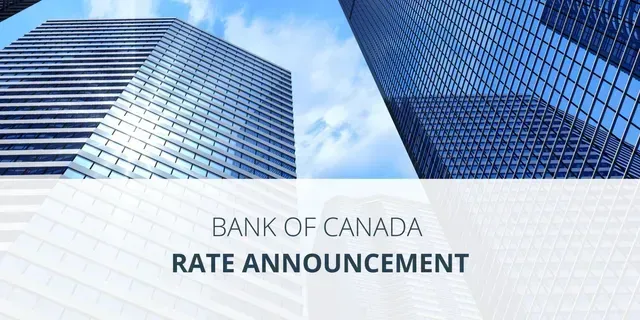Planning Ahead to Get the Best Terms on Renewal!
If your mortgage term is almost up for renewal, there’s a good chance you’ll be pleasantly surprised with the low-interest rates available on the market today. While the pandemic has caused a lot of economic uncertainty, the result has been very low interest rates. In fact, the Government of Canada has indicated that rates will most likely stay low until 2023.
So if your mortgage is up for renewal in the next 6 months, here’s what you should do.
Start now. Yep, right now.
Getting ahead of your renewal is one of the most important things you can do. This will ensure that you don’t get busy, forget about the deadline, and have to make a rush decision. Or worse yet, your mortgage won't renew into a product you didn’t choose for yourself. You’ll want to weigh your options and make the best choice for you. This can take time. So start now.
One of the benefits of reviewing your renewal with an independent mortgage professional is saving hours of research. We deal with mortgage financing daily; our job is to keep up with all the lenders and their products and provide you with professional advice.
Please connect with us to discuss your renewal. We’d be more than happy to outline all your options.
Don’t sign your lender’s renewal offer.
If you’ve already received a renewal letter from your current lender, the last thing you want to do is just select the term with the lowest rate, sign it, and send it back. You have more options than this.
Renewal documents will showcase rates and products that are good for the lender, not necessarily for you. Mortgage lenders are in the business of making money, and as close to half of people sign their initial renewal offer without negotiating a better rate, lenders don’t feel they have to put their best offer forward. In fact, they make more money by doing the exact opposite.
Just because your current lender was the best choice when you got your last mortgage doesn't mean they're still the best choice now. Make sure to consider all your options, not just the options in front of you. Let’s talk.
Don’t get stuck on the rate.
Modern consumerism has us conditioned to believe that the lowest price is always the best. And although this might be the case when buying stuff at the thrift store, it certainly isn’t when considering mortgage financing. Interest rate is only one thing you should consider when renewing your mortgage.
Your goal should be to assess the quality of your next term by how much it lowers your overall cost of borrowing. Life is full of changes; you’ll want to ensure the features of your mortgage, such as term length, mortgage type, penalties, portability, and prepayment privileges, all line up with your goals. The lowest rate mortgage doesn’t always come with the most flexible terms. And sometimes, it makes sense to take a higher rate for better terms. Professional advice will help a lot as you make your decision.
So there you have it. If your mortgage is up for renewal anytime in the next six months, please contact us directly. Let's work together to secure the best mortgage for you.
SHARE THIS ARTICLE
RECENT POSTS



